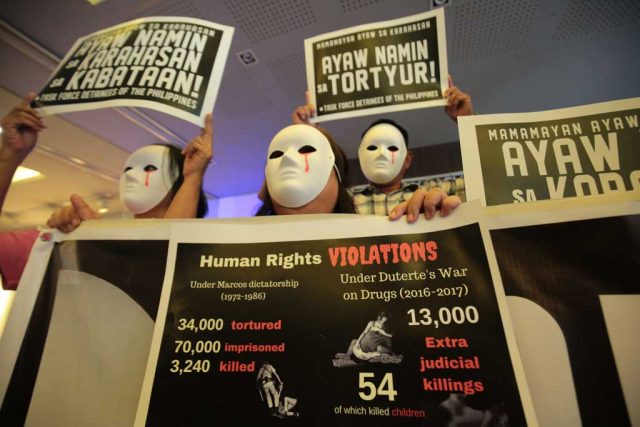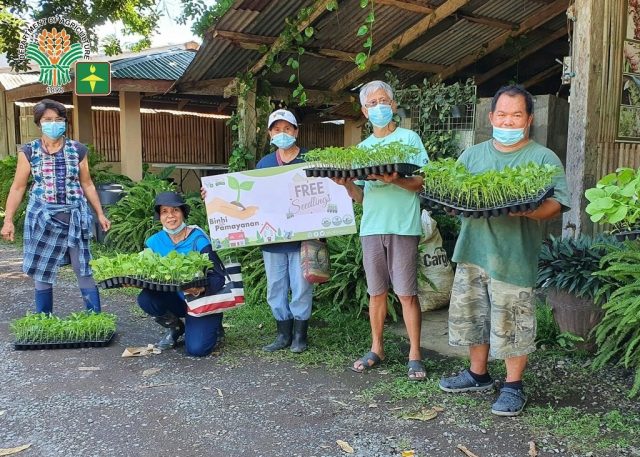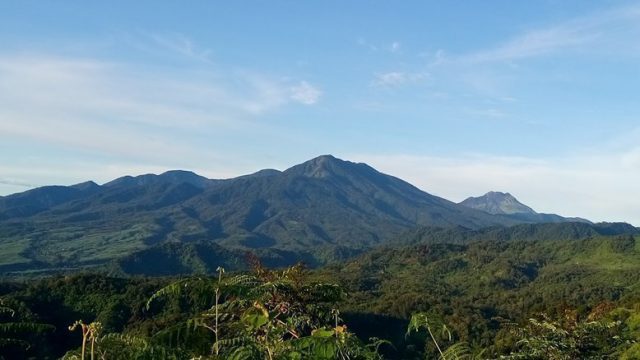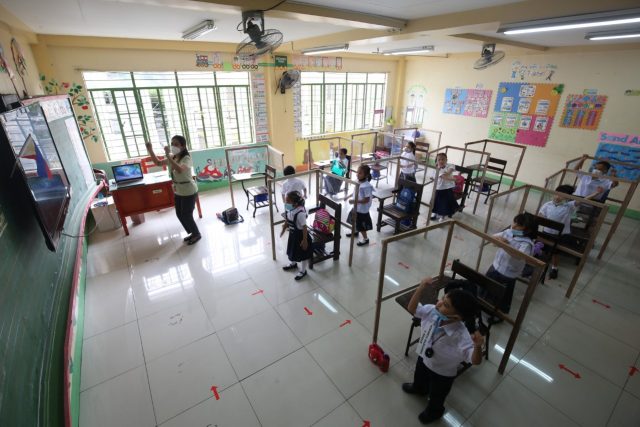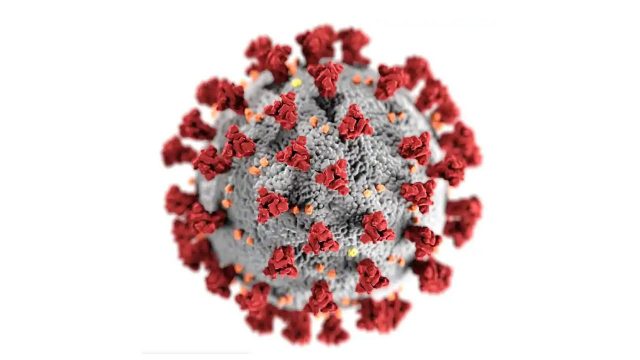All Systems Go: Addressing ‘return to office hesitancy’ first
By Jose Carmelo Porciuncula
THIS IS NOT the first time we have gone through a pandemic.
In 1918, 101 years before the first recorded infection of COVID-19, the world witnessed over 1 billion cases of Spanish Flu that caused 50 million deaths across the globe. Back then, no vaccines were successfully developed, leaving isolation and disinfection the only defenses against the disease until it “faded away” two years later.
If there is one fact that was emphasized after four pandemics in the last century, it is that people always find ways to adapt, live through it, and move on.
As the Philippine government steadily rolls out its vaccination program and implements looser quarantine restrictions, more social mobility and economic activity have been observed. The country is pegged to post the strongest rebound in Southeast Asia in 2022.
While many are anticipating and are hopeful for a “sense of normal,” one important aspect to address is the hesitancy of people to fully go back to their pre-pandemic routines. After years under strict lockdown, millions of deaths, and countless cases of lingering health conditions, many still express fear and anxiety about going outside and being surrounded by crowds despite being vaccinated against the virus. In the US, a survey conducted by NPR/PBR NewsHour/MaristPoll found that most of the respondents are still not comfortable with going back to pre-pandemic activities including spending time in bars (69%), attending concerts or sporting events (65%), and participating in religious gatherings (54%). However, the same poll found that of the 1,115 American adults surveyed, 86% said that they are at least “somewhat comfortable” heading back to the office and resuming in-person work post-COVID.
Local surveys found that 56% of Filipino employees are most likely to be back in the office by 2022 and shared that while remote work is an available option, having a physical workplace is still ideal. Companies that are pre-paring for employee re-entry in the next few months must ensure a comprehensive approach to bouncing back in the new normal. Business leaders must be able to identify effective solutions and inspire new practices that will turn into habits as employees return to the workplace. Psychologists and behavioral scientists suggest encouraging people to focus on what they will be gaining by returning to the office and giving members of the organization enough time to adjust to the changing social and public health circumstances. An office is not just a mere space for work, it is the core of a company, a symbol of community and collaboration for most employees.
COVID-19 has also presented an unprecedented challenge to all professionals involved in managing and maintaining buildings. Property and asset managers are not only implementors of IATF-mandated protocols in the workplace, they are also people that ensure all systems are clear before reopening. While the global health crisis seemed like a case of survival of the fittest in business, it also laid new groundwork for asset managers in evalu-ating structural integrity and mitigating risks as buildings and establishments prepare for a sudden surge in re-occupancy.
Similar to how people get ready to reintegrate themselves into the “new normal” society, properties need to prepare as well. Commercial and retail establishments are considered “living things” by the people who maintain their systems to function. Buildings are designed and engineered to sustain the extremes of what they can handle — from their physical loading capacity up to their utilities. When the pandemic happened and prolonged lock-downs were implemented, majority of buildings were forced to operate way below their design criteria.
Majority of property owners held off spending on repairs and asset maintenance activities to focus on COVID-19 efforts and expenses. Others have cut costs due to budget constraints during lockdowns, while some argue that building maintenance is not a priority when it is vacated. Periods of low or no occupancy can be challenging for building systems as deviation from standard operations may increase the risk of water system failures, fires, mold growth, pest infestation, and other complications that can lead to health hazards and bigger asset damage in the long run. A full systems audit should be a priority when buildings prepare for reopening. Correct procedure needs to be taken when reopening systems that cover HVAC and ventilation, electrical and power, vertical transport, and plumbing.
Public health experts are urging landlords across the globe to evaluate and carefully re-open properties to prevent other outbreaks from happening. In a report, medical experts express their concern for the possible emer-gence of Legionnaire’s Disease, a more severe and sometimes lethal form of pneumonia. This respiratory threat is caused by the lack of chlorinated water flowing through pipes, combined with irregular temperature changes, common in long-vacated spaces.
As athletes need to gradually warm up before training again after an injury, commercial buildings, retail establishments, residential developments, and other real estate properties need ample time and correct preparation before they can operate “business as usual.”
Addressing return to workplace hesitancy should not only focus on implementing COVID-19 measures but should entail comprehensive preparation by landlords by including a proper full systems audit in their business con-tinuity plan. Without proper asset management, there is always the uncertainty of system reliability, and the risks in a sudden reopening will always be present.
At the end of the day, a property without the people in it, remains just a structure. Its value is maintained by investing in property management that focuses not just on maintaining its structural integrity and functions, but puts the health and safety of its occupants first. n
JOSE CARMELO PORCIUNCULA is KMC
Savills’ executive director for Investor Services. Aside from the execution of his leadership role, he is mainly responsible for the overall management and long-term business viability of the company including the assessment of investment opportunities and the sale of high-net-worth property transactions.



